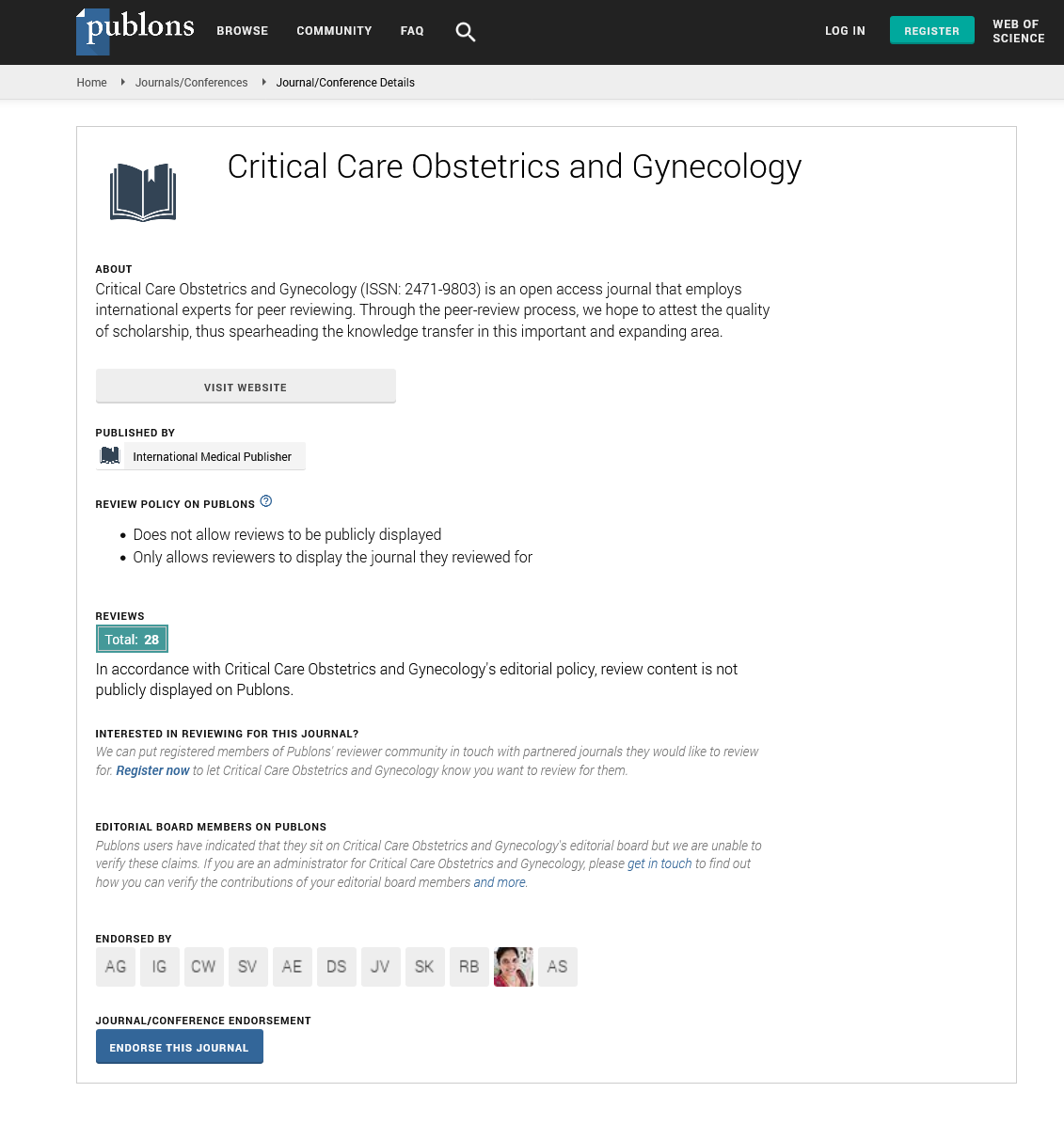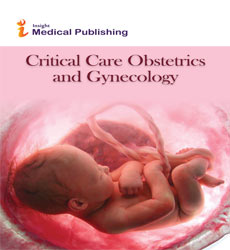Abstract
Proportion of Knowledge, Attitude and Practice of Physical Exercise during Pregnancy among Antenatal Care Attendants at Dessie Town Health Institutions, South Wollo Zone, Amhara Region, Ethiopia. A Multicenter Descriptive Cross Sectional Study
Introduction: Physical exercise consist of planned, repetitive and intentional movements that reduces the risk of pregnancy related complications. Worldwide, there was a high rate of physical inactivity during pregnancy including Ethiopia, which had detrimental effects on both pregnant women and their developing fetus. In this study area, no studies has been conducted on pregnant women’s knowledge, attitude and practice towards physical exercise during pregnancy.
Objectives: This study aims to assess proportion of pregnant women’s knowledge, attitude and practice towards physical exercise during pregnancy among antenatal care attendants at Dessie town health institutions, south Wollo zone, Amhara region, Ethiopia, 2023.
Method: Institutional based cross-sectional study was conducted among 614 pregnant women receiving antenatal care service from 18th January to 25th February 2023. A systematic random sampling technique was used to select study participants. Data were collected using a pretested, face to face interviewer-administered and semi-structured questionnaire. Then, the data were cleaned, coded and entered into EPIDATA version 4.6 and analyzed using SPSS version 25. Descriptive statistics were done using frequency, percentage and mean of the variables. Finally, the finding presented using text, tables and figures.
Results: The response rate of this study was 98%. The proportion of good knowledge, favorable attitude and currently practiced physical exercise during pregnancy were 56.3%, 51.5% and 32.2% respectively.
Conclusion: The findings of this study indicated that approximately half of the participants had good knowledge and favorable attitude. However, almost one-third of the participants practiced physical exercise during their pregnancy. It is recommended that antenatal care providers offer health education and counseling about the benefits of physical exercise during pregnancy.
Author(s): Abdusellam Yimer*, Seada Endris, Alemtsehay Wossen, Bilal Mohammed, Ahmed Yesuf Ali, Yitagesu Sintayehu, Alemu Guta, Aminu Mohammed Yasin and Mengistu Abate
Abstract | Full-Text | PDF
Share this

Google scholar citation report
Citations : 148
Critical Care Obstetrics and Gynecology received 148 citations as per google scholar report
Critical Care Obstetrics and Gynecology peer review process verified at publons
Abstracted/Indexed in
- Google Scholar
- China National Knowledge Infrastructure (CNKI)
- WorldCat
- Publons
- Geneva Foundation for Medical Education and Research
- Secret Search Engine Labs
Open Access Journals
- Aquaculture & Veterinary Science
- Chemistry & Chemical Sciences
- Clinical Sciences
- Engineering
- General Science
- Genetics & Molecular Biology
- Health Care & Nursing
- Immunology & Microbiology
- Materials Science
- Mathematics & Physics
- Medical Sciences
- Neurology & Psychiatry
- Oncology & Cancer Science
- Pharmaceutical Sciences


